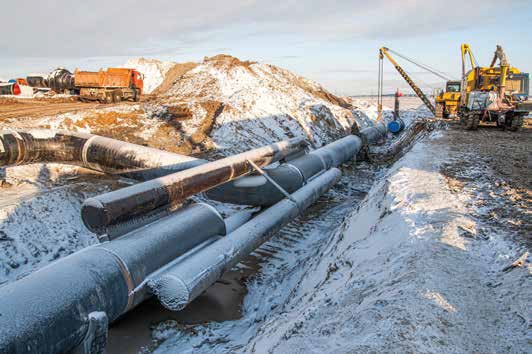 In the immediate aftermath of the financial crisis, ordinary taxpayers were ordered to pay trillions to rescue failing financial institutions. The European leaders that used tax payers money to bail out the banks, then, almost unanimously, argued for extreme cuts to public services. So, not only did taxpayers rescue the ailing financial institutions from bankruptcy, they suffered heavy cuts to their public services as a ‘thank you’. The banking institutions recovered promptly and began paying million euro bonuses to their top earners again – the public watched on helpless. These institutions took our money and didn’t bat an eyelid. Those less fortunate were, and still are, being punished for the decisions of the wealthy and powerful.
In the immediate aftermath of the financial crisis, ordinary taxpayers were ordered to pay trillions to rescue failing financial institutions. The European leaders that used tax payers money to bail out the banks, then, almost unanimously, argued for extreme cuts to public services. So, not only did taxpayers rescue the ailing financial institutions from bankruptcy, they suffered heavy cuts to their public services as a ‘thank you’. The banking institutions recovered promptly and began paying million euro bonuses to their top earners again – the public watched on helpless. These institutions took our money and didn’t bat an eyelid. Those less fortunate were, and still are, being punished for the decisions of the wealthy and powerful.
In stark contrast, in April 2016, European citizens watched as the Panama Papers were leaked, clearly confirming that there’s one rule for the rich and another for the poor. Given the numerous tax scandals revealed by whistleblowing or press leaks over the past decade – UBS, HSBC, SwissLeaks, LuxLeaks – the Panama Papers are just the latest indication that massive tax avoidance and evasion are a structural part of global capitalism. In 2013 the European Commission estimated that governments in the EU lose around €1 trillion each year to tax evasion and avoidance. The wealthiest individuals and corporations, it seems, have the choice of refusing to contribute tax while earning lucratively. Whereas, those at the lower end of the wealth divide have no choice but to pay for the very systems that disadvantage them – they would receive a lengthy jail sentence otherwise.
Barroso, is just one of a number of former commissioners who have made the public-private jump to lucrative contracts. Former trade commissioner Karel De Gucht joined the board of mining giant Arcelor Mittal and former digital agenda commissioner Neelie Kroes joined the boards of tech firms Uber and Salesforce. Is it any wonder that trust has broken down? Millions of people are adjusting to permanent economic insecurity and hold a genuine fear for the future. A backlash will continue to rise steadily if their concerns are ignored.
Lastly, our interventions in the Middle East and North Africa led to the death of millions of people, specifically in Afghanistan, Iraq, Libya and Syria. These interventions created a state of permanent war and destabilized the region. In Syria, the death count is rising. In 2009, Syrian leader Bashar al-Assad refused to sign a proposed agreement with Qatar that would run a pipeline through Saudi Arabia, Jordan, Syria and on to Turkey to supply European markets, crucially bypassing Russia. An Agence France-Presse report claimed Assad’s rationale was “to protect the interests of [his] Russian ally, which is Europe’s top supplier of natural gas”. Since that decision, the country has been brought to its knees. Our foreign policy is catastrophic and now hundreds of thousands of people are risking their lives to escape into Europe. When these desperate refugees arrive here they’re demonized as troublemakers, as outsiders, as beggars here to steal our dwindling public resources. It is insane.
People feel helpless. Helpless to stop our democratically elected government’s economic mismanagement. Helpless to stop our disastrous geopolitical decisions. The disconnect between citizens and government must be closed or we will have a huge problem. Power must find its way back to the people. The current political culture of doublespeak will not do. We need leaders who break the mould and offer different solutions to the status quo, or very soon we will see an increasingly divided Europe.
Photo Estonian far-right in Tallinn: DJ Sturm






